Under the glamour of shiny new cars and fancy restaurants, how many disadvantaged persons, those who have been always struggling to make the ends meet, are enjoying this economic upswing?
In Nepal like in many other countries, you often read about CEOs of big businesses like major banks or corporate groups talking about leadership and management as if only power, money, that often come from privilege, are the only essential determinants of leadership. With media houses in search for the cool guy able to talk leadership and give wise advice, it all smells of entitlement and power.
It is not that successful people, normally working on the top of the ladder, have nothing to say about leadership, management and how to make it at life. These are often inspirational guys and their words often are practical suggestions and useful advices that can be truly inspirational.
If colleges invite such persons to give a lecture, students can genuinely enjoy the talk and learn something. After all, listening for forty-minute a folk who made it big, sounds like a no harm situation and actually it should be seen as a good opportunity even for the most disengaged students.
Yet when we talk about leadership, why should the focus only be on those who made it big? Can’t college students get inspiration from other leaders? Does leadership really equate to money, power and prestige or should we look into leadership among the underdogs, those who struggle day in and day out?
Great Leadership: A Road Less Traveled

It is true that Nepal in the last five years have been going through a remarkable economic growth. You notice new cars, fancy coffee shops. Growing economy has helped expand the middle class and made richer an already well off upper class. Yet under the glamour of shiny new cars and fancy restaurants, I am wondering how many disadvantaged persons, those who have been always struggling to make the ends meet, are also enjoying this economic upswing.
For example how many youth with disabilities have found a stable, well paid job? How many dalit students, in the last five years, were able to find a dignified employment apart from teaching? How many visually impaired citizens have left the roads where they normally make a living out of singing? Likewise, how many banks have been rolling out recruitment schemes to reverse the injustice of the past and offer a platform for disadvantaged youths? How many CEOs have started mentoring promising but disadvantaged youth?
Now imagine you are a youth from a marginalized group. And assume that there is a scholarship opportunity and you apply. You compete with peers of your age who had access to the best private schools where subjects are taught in English medium and their teachers are really good.
But you come from a public school from a small village. You moved away from your family and ended up living in a children’s home. Peers with similar types of disabilities or peers from similar social-economic backgrounds are now your new family yet emotionally you are broken in many ways but you still keep going. Your English is satisfactory because of the exposure to foreign volunteers and guests but now you have come of age and you are on your own.
At school you were pretty good but now you scrap by, struggling to pay the monthly rent of a sordid room you share with a friend. You do small, temporary jobs that do not offer guarantees and long term perspectives. Your boss never asks you to sign a contract and this is very common among many of your friends.
Yet you find that this scholarship could open up many doors for you and you are really determined to apply despite that you have never done it before, despite that you do not own a laptop nor have internet access. Can you really compete with peers from top private schools?
They have access to a wealth of information and mentorship and you do not. Will you be able to get some help to prepare for the selection? Where would you find a stable internet spot to research and prepare? At the end, will you get the scholarship?
This imaginary scenario is close to the reality for thousands of marginalized youth. They have skills, determination but lack the tools and access to opportunities. Does it mean that they are less capable? Yet attaining that scholarship might truly make a difference, providing exposure, a sense of self-confidence and a true platform to work out new skills and expertise. That scholarship can be a game-changer in a life of a marginalized youth.
The truth, unfortunately, is that if you come from a disadvantaged background, you normally are deprived of such opportunities. My belief is that leadership in Nepal is not just on the top echelon of the society but instead it is embedded, though unnoticed, at its grassroots levels. Actually its stronger forms could be found among those who never appear on the newspapers’ interviews and yet they could easily teach us the essential of leadership.
If you experience hurdles every single day of your life, if you live with a disability or with a wrong family name, you build resilience and mental strength that can truly help you survive. Now the real leadership challenge is about helping these disadvantaged youths to thrive. Can thought leaders of the nation, those with millions of twitter followers, help those emerging leaders to truly come up from the underground and shine? The country has plenty of untapped potentials and untapped human resources. The real leadership can be found in the rooms, streets and villages of the country among youths who have stopped dreaming because of structural barriers. It is already there but the risk is it is going to be wasted.
The author is Co-Founder of ENGAGE, an NGO partnering with youths living with disabilities
Email: simone_engage@yahoo.com










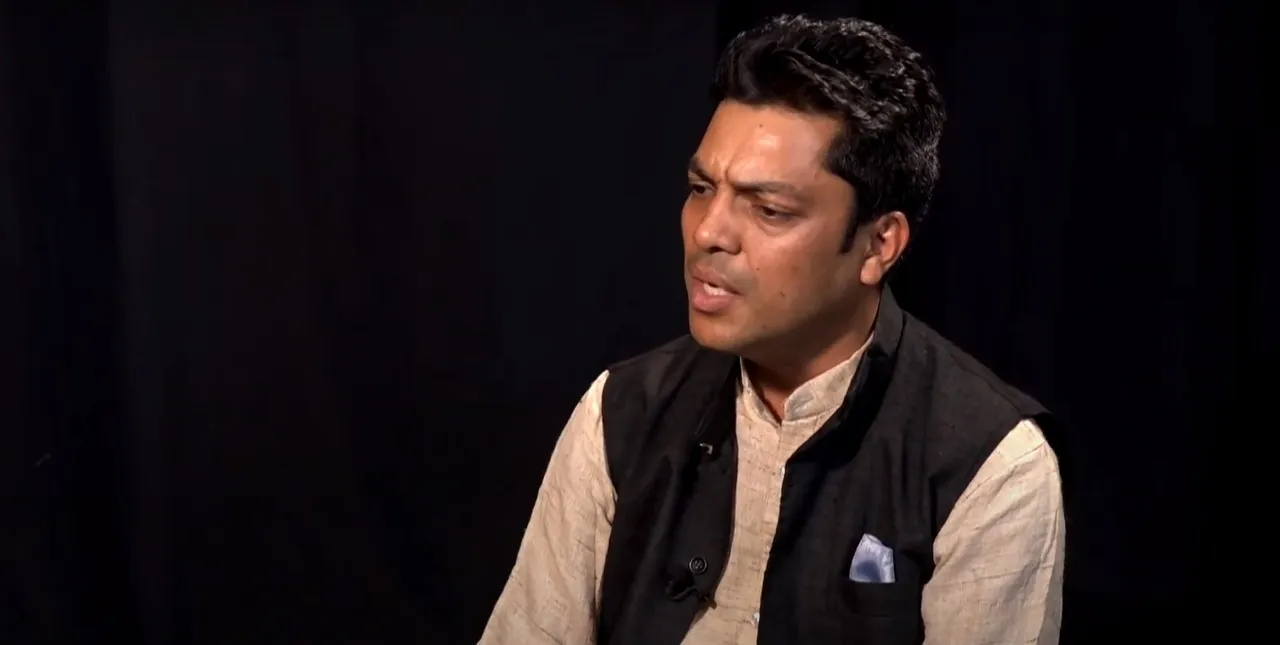

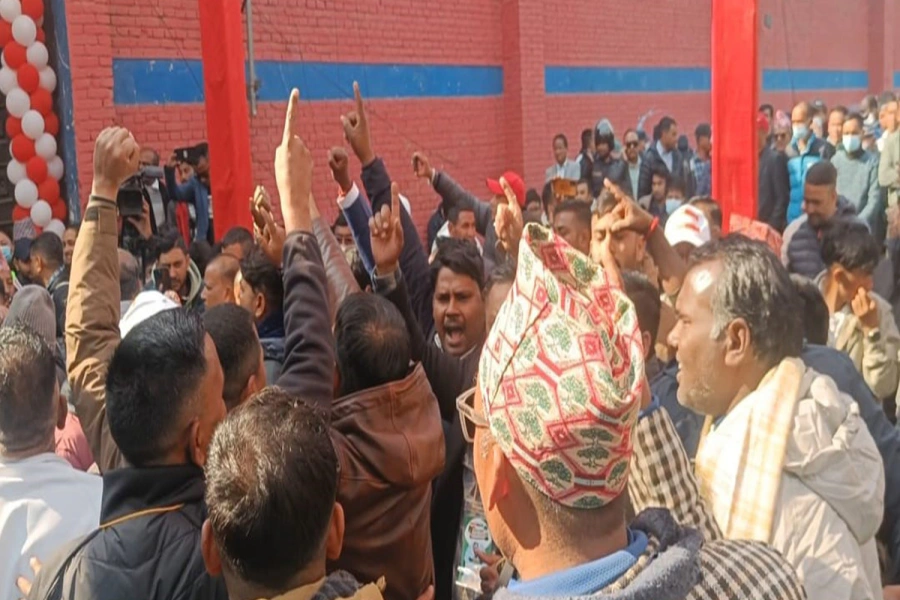
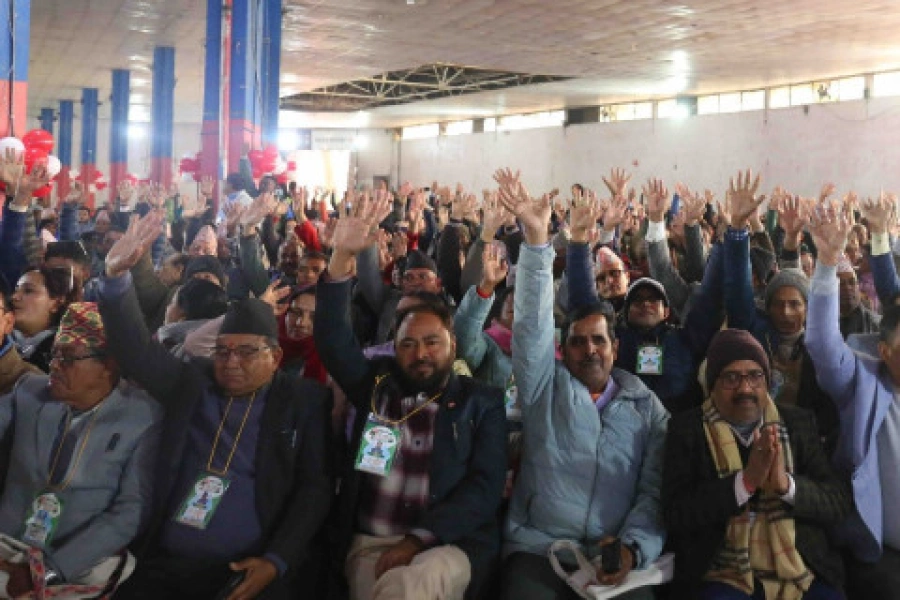





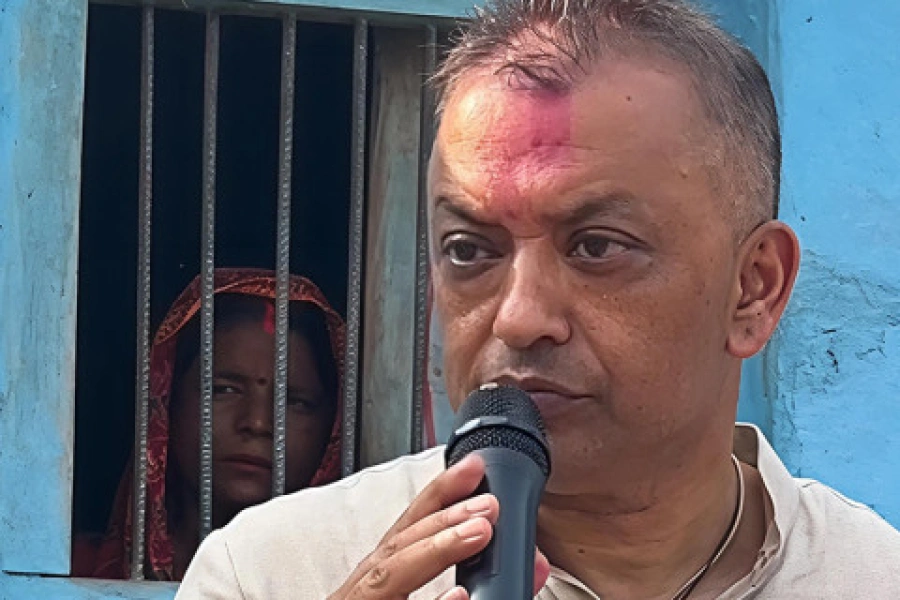
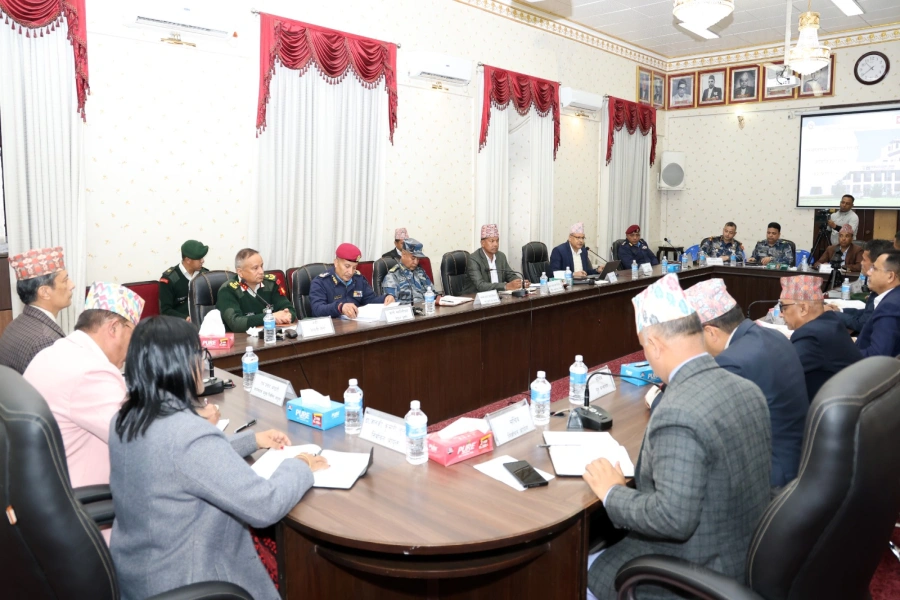









-1200x560-1771928761.webp)








